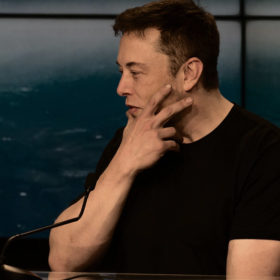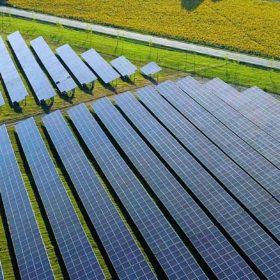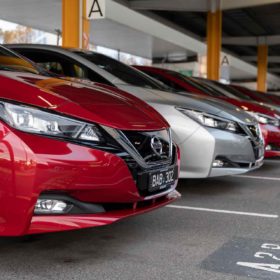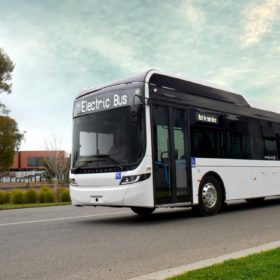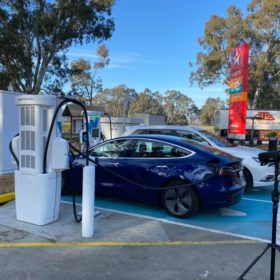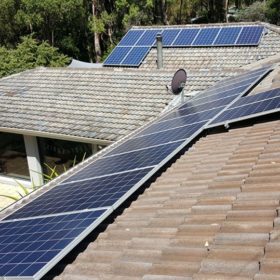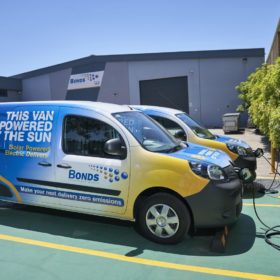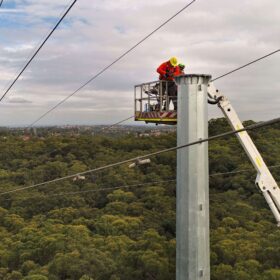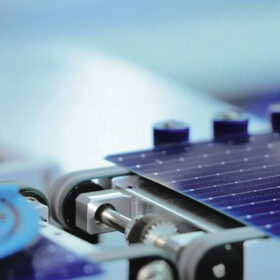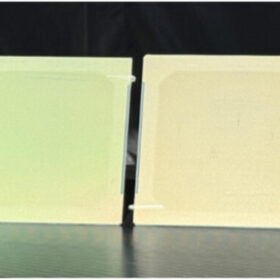CSIRO report shows flightpath to hydrogen fuelled commercial aviation
With the disruption of Covid-19 highlighting the climatic impact of the aviation industry, a recent report from the CSIRO funded by Boeing shows that hydrogen fuel’s technological momentum could see clean hydrogen used in airports by as early as 2025, and a full transition from conventional jet fuel by 2050.
Tesla EVs show profit while solar business hits new lows in revenue and deployment
It was a series of firsts, including a profitable full year and Megapack turning a profit that factored into CEO Elon Musk explaining that he has “never been more optimistic or excited about the future of Tesla.” Austin is confirmed as the site of the next Gigafactory.
NZ Govt announces six new public sector clean energy projects
The New Zealand Government is quickly turning the antipodean rivalry over climate legislation and renewable energy integration into a veritable Bledisloe Cup. This is to say that for Australia the situation is now plain embarrassing. Today, NZ’s Climate Change Minister James Shaw announced six new projects to receive funding as part of its clean-powered public service fund.
REVS to power V2G in Canberra
ARENA is putting $2.4 million into a vehicle-to-grid (V2G) trial in the ACT, which is looking to demonstrate the ability of EVs to provide grid ancillary services. The consortium of research and industry project proponents hope to show how EVs can help regulate grid function and provide a revenue stream for electric-fleet owners.
“Australia’s last chance”: BZE publishes renewables powered Million Jobs Report
Every crisis is a crossroads, and Australia is certainly at a crossroads. This week, a host of climate, development and investment leaders are backing Beyond Zero Emission’s green scaffolded Million Jobs Plan of Covid-19 economic recovery.
China the world’s electric-bus conductor
A new report from IDTechEx shows Australian cities to be on the money and with the citizen-care zeitgeist in transitioning city bus fleets to electric. Despite a slow start to quiet, zero tail-pipe emissions public transport, Australian bus manufacturers are set to take advantage of chassis and battery tech developed in China.
Relaxed charging: EV range not such an issue
Tritium today provided some plain and simple stats on how electric-vehicle drivers around the world are using its fast-chargers. Get a glimpse of your future life, beyond an EV-policy-poor Australia, when cars don’t exhaust and finding a charging station is effortless.
South Australia’s rooftop solar could be switched off on the way to 100% renewables
Under a new plan to stabilize its grid, the South Australian State Government is providing $10 million to upgrade its voltage management and giving the green light to the Australian Energy Market Operator to stop its rooftop solar from feeding in when needed. The plan also highlights the importance “smart” PV and stronger network interconnection, primarily the new SA-NSW line a.k.a. Project EnergyConnect.
Sendle it over, Australia’s first solar-powered delivery fleet
Sendle and Bonds Couriers have teamed up to deliver Australia’s first solar-powered fleet of delivery vans. As the boom of eCommerce has continued through Covid-19, the ethical import of sustainable shipping and delivery has become evermore salient.
Supply chain concerns will drive EV battery recycling policies
With electric vehicles starting to gain traction, the International Energy Agency’s updated, ten-year e-mobility forecast has suggested geopolitical and economic concerns will trump environmental niceties when it comes to encouraging recycling. But what price ever-cheaper batteries?

